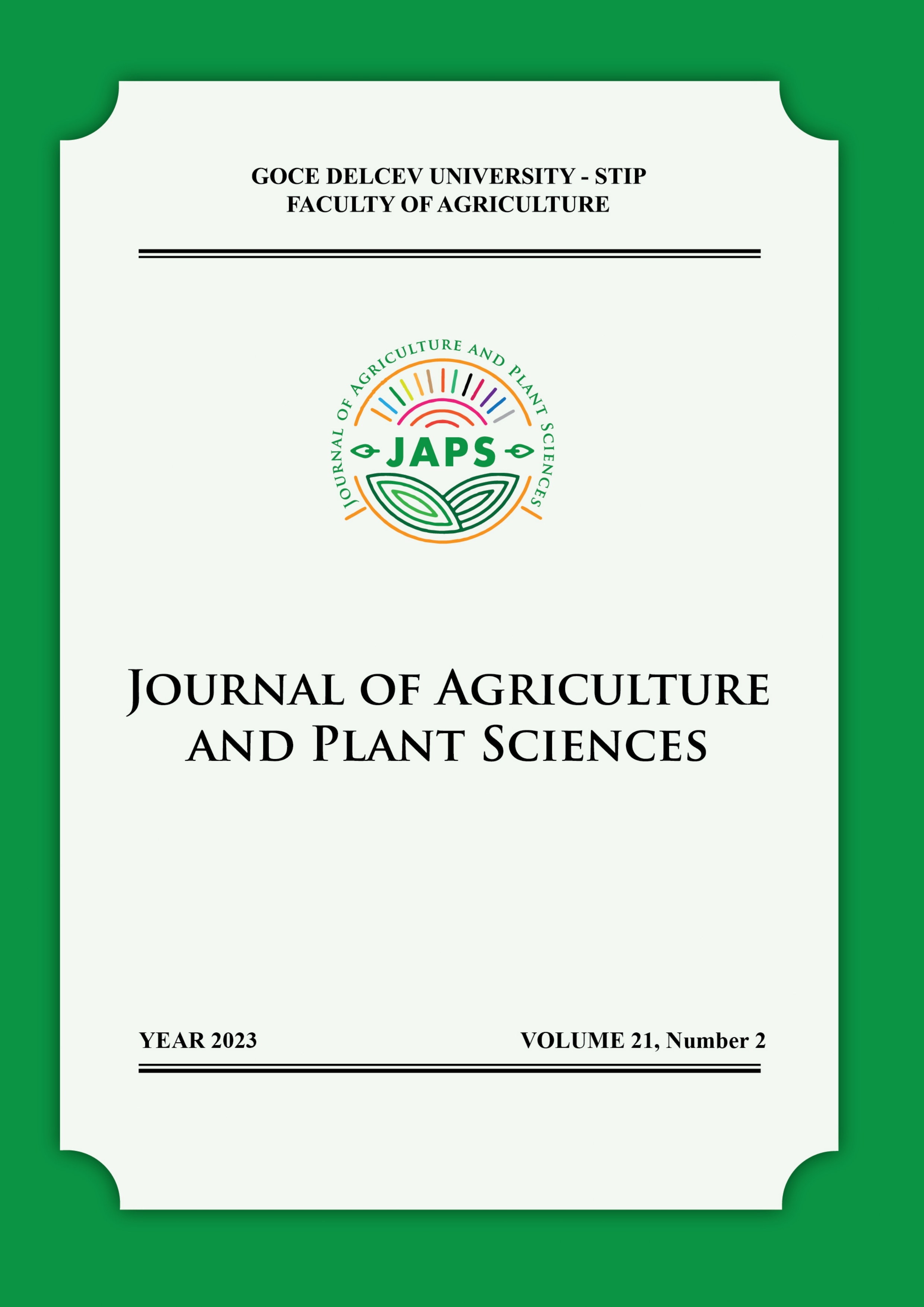IMPLEMENTATION AND FUNCTIONING OF HACCP PRINCIPLES IN THE MACEDONIAN WINERIES: A MULTIPLE CASE STUDY
DOI:
https://doi.org/10.46763/JAPS23212053nnAbstract
Wine is considered as a food and must be produced under conditions that will ensure the safety of the product for human consumption. The HACCP system is the internationally recognized as a food safety tool, and must be applied during the entire food production process. The implementation of a food safety management system based on the principles of HACCP in the wineries should minimise the number and extent of exposures to hazards and improve overall safety of the wine.
In this study, an exploratory multiple case study approach was adopted in order to provide better understanding of the process of implementation and functioning of the HACCP system in the Macedonian wineries. Twelve Macedonian wineries (cases) of varying size and annual production participated in the study. Two methods for collecting empirical data have been applied: survey by applying a questionnaire sent via e-mail and face-to-face interview.
Using survey data, the key factors affecting the functioning of the HACCP system in the Macedonian wine industry were analyzed. The findings provide evidence that the most common motives for the implementation of HACCP system in the wineries are: enhanced compliance with regulation, improved communication and control, and implemented traceability system. Also, the results showed that the main factors that hinder the implementation and functioning of HACCP system are: excessive documentation, lack of time, and lack of knowledge relevant to food safety (especially among micro sized wineries).
Downloads
Published
Issue
Section
License
The intellectual property and copyright on the original content of all scientific contributions in the published paper shall remain with the authors. Authors give permission to the JAPS owner to publish the paper. All authors agree to publish the paper under Attribution-NonCommercial-NoDerivatives 4.0 International license (CC BY-NC-ND 4.0).


